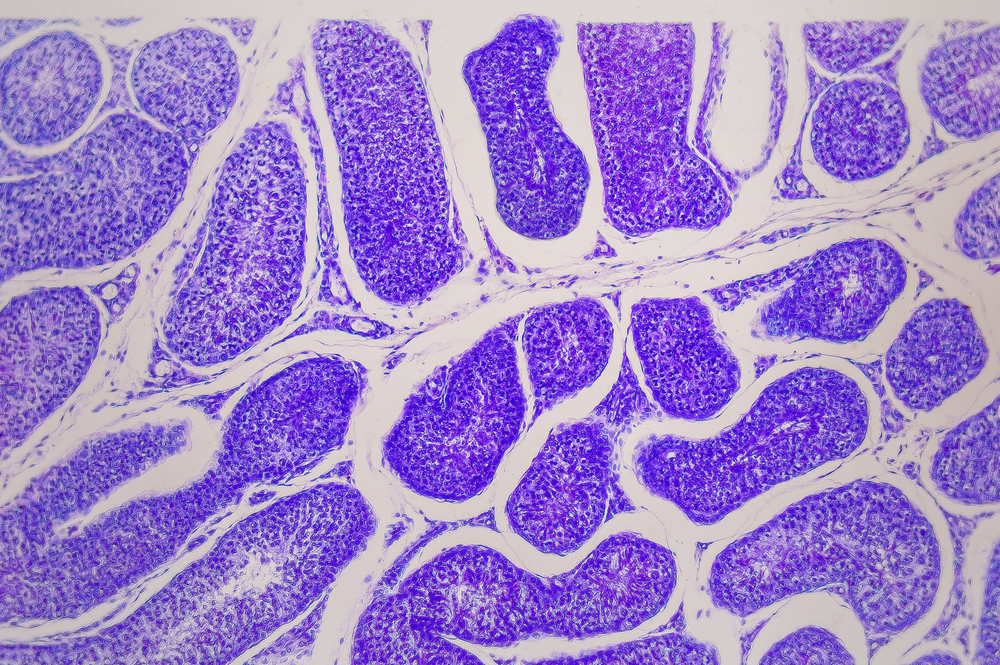Clinical Trials to Study ChromaDex Therapy’s Effect on Mitochondrial Disease and a Heart Condition

Clinical trials in Britain and the United States will investigate whether a ChromaDex therapy can alleviate mitochondria disease and improve a heart condition linked to mitochondrial dysfunction.
A University of Cambridge-led team will look at whether the therapy, Niagen (nicotinamide riboside), can help mitochondrial disease patients by increasing the amount of energy-generating mitrochondria in their bodies.
University of Washington researchers will study whether Niagen can improve systolic heart failure, or the left side of the heart’s inability to pump enough blood. Research has linked this problem to mitochondrial dysfunction.
The British team will look at whether Niagen can trigger mitochondrial biogenesis, the process by which the body can increase the number and mass of mitochondria, the cell components that produce energy.
The trial (NCT03432871) will involve 15 mitochondrial disease patients. Key goals will be to see if Niagen can improve mitochondrial function, increase energy production, and reduce symptoms by triggering mitochondrial biogenesis.
Studies in mice suggested that increasing the number of mitochondria in the body could be a good way to treat the disease. They showed that nicotinamide riboside increased the number of mitochondria in mice, boosting their energy and reducing their mitochondrial disease symptoms.
The Cambridge team hopes to complete the trial in the late spring of 2019.
Thirty people with the left-side heart pumping problem are expected to participate in the University of Washington study.
The trial’s key objectives are to evaluate Niagen’s safety in this high-risk population, and patients’ ability to tolerate it.
Researchers will also collect preliminary information on whether Niagen can improve patients’ heart function.
The team published the findings of a previous clinical trial on Niagen in December 2017. It expects the new trial to end in June 2018.
ChromaDex says it wants to improve the way people age. One way to do this, it says, is to partner with universities and research institutions worldwide to uncover the full potential of nicotinamide adenine dinucleotide, or NAD. The molecule, which is found in every cell in the body, enables mitochondria to convert food into the energy our body needs.
NAD helps maintain healthy mitochondrial function, an important component of healthy aging. Research has shown that, as we age, NAD levels drop sharply. This lowers our ability to maintain our heart metabolism and repair cells. It also increases the risk of nerve cell and muscle degeneration.
Niagen is ChromaDex’s flagship NAD ingredient. One way the company is trying to advance research on the therapy is by providing it to scientists at no cost.
So far, 140 programs in 34 research areas are under way, including brain and heart health and inflammation.
“With nearly 140 collaborative agreements in place, we continue to shape the landscape of NR and NAD research, ensuring that each study helps to quantify the value of Niagen and its role in human health,” Frank Jaksch, the chief executive officer of ChromaDex, said in a press release.
The mitochondrial biogenesis study is in the process of recruiting patients in the United Kingdom. You can find more information here.






